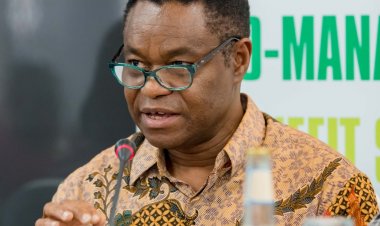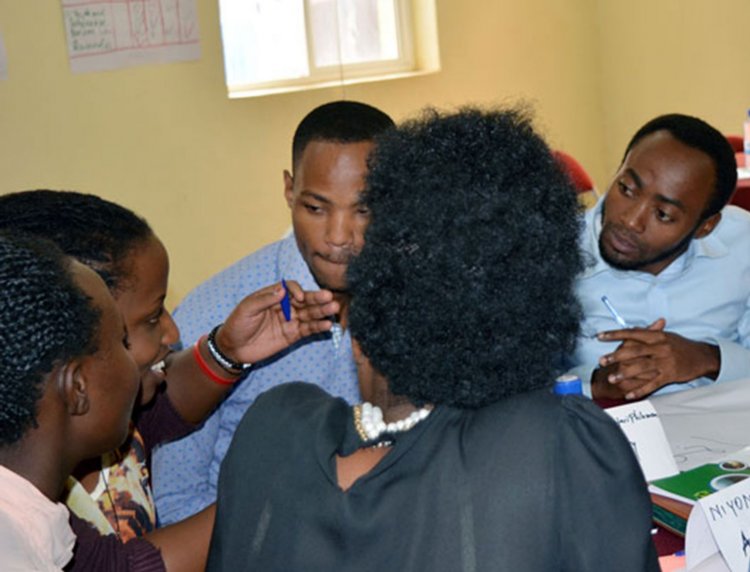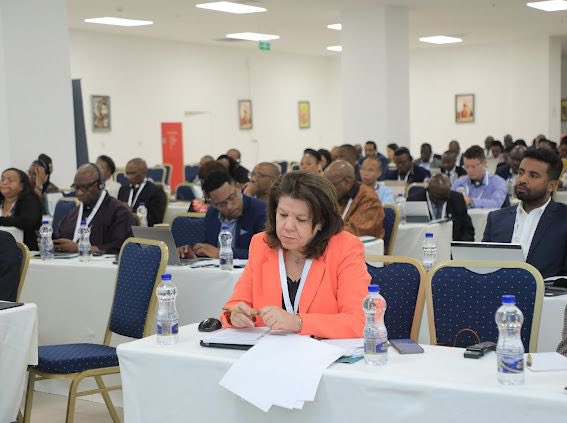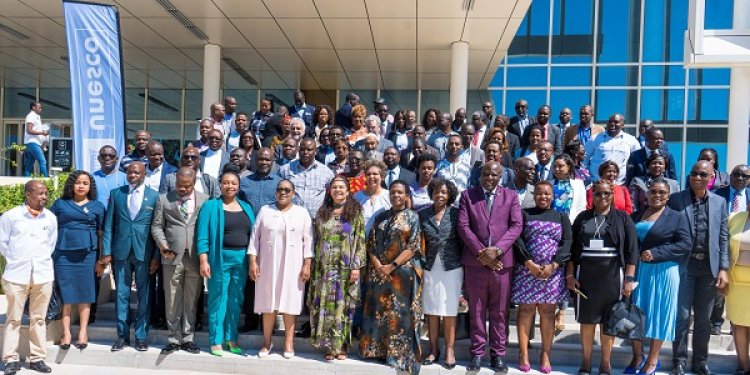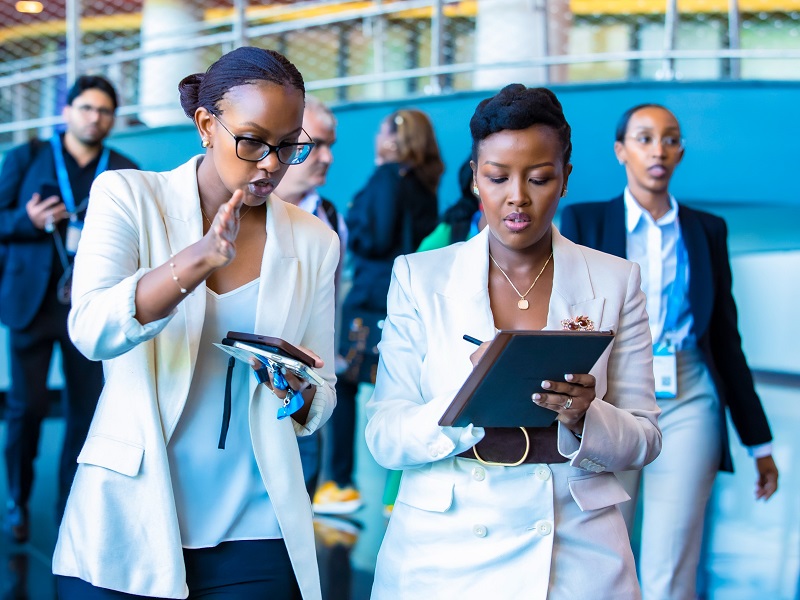As digital transformation deepens across the globe, bringing about socio-economic change, concerns are mounting over the prevailing divide in Africa amid challenges around limited internet and device penetration, coupled with illiteracy.
Analysts say the constraints could make it hard for the continent to keep in the digital transformation race with the rest of the world if unchecked.
This is despite heavy capital investment in ICT infrastructure such as the fiber optic networks, the high-speed 4G LTE Internet, among others by respective countries’ governments on the continent over the recent years.
Speaking at the on-going Deutsche Welle (DW) Global Media Forum in Bonn, Germany, Africa media landscape observers pointed to challenges around achieving inclusivity and making sure that no one is left behind in the digital transformation drive.
In particular, they emphasize the role of the media and journalists not just as advocates for information and communication but also advocates to people who need access to information using technology.
Increasingly quality journalism is behind a paywall while “trash” information is readily available and free. The haves have means to pay for quality news, the have-nots are consuming trash. There is need to address this divide.
Njoki Chege, Director, Innovation Center, The Aga Khan University
Paywalls
Increasingly, however, financially-struggling media and journalists have been resorting to putting their content behind the paywall in a bid to raise revenues, definitely denying a section of the population who cannot afford subscription a chance to quality content access.
“Increasingly quality journalism is behind a paywall while “trash” information is readily available and free. The haves have means to pay for quality news, the have-nots are consuming trash. There is need to address this divide” said Njoki Chege, Director, Innovation Center at The Aga Khan University.
“We need to strengthen our public media systems and fund them.”
Narrative
However, experts told the session held under the theme The Future of Journalism in Africa that it is the prevailing gaps and issues around narrative and nuances that are extremely worrying.
Natasha Kimani who is research and media programmes lead at Africa No Filter, the organization that works to shift stereotypical and harmful narratives within and about Africa, said that hard news such as conflict, violence, hunger wars, diseases, among others continue to dominate content produced about the continent at 81 per cent.
A 2020 survey based on analysis of 309 articles in 60 outlets in 15 countries and interviews with 25 African Editors found that one third of all coverage on Africa was from non-Africa sources, with AFP and BBC accounting for a quarter of all stories found in African outlets about other African countries.
“This is extremely worrying. We are understanding our continent through the lens of other people and that is extremely dangerous. When someone else begins to tell you who you are, you are eventually going to believe it,” said Kimani.
Findings of Africa No Filter survey further indicated that just 7 per cent of the stories about the continent were human interest while 4 per cent were about arts and cultures.
“The question is what do we need to do to upskill our media, journalists, make them better able to tell the stories that we want to tell and also how we can use technology to get more creative and more innovative in terms of how we tell the stories,” noted Leslie Richer, Director of Information and Communication at African Union.
Capacity building
Ms. Richer told the session that already the AU together with Deutsche Gesellschaft für Internationale Zusammenarbeit (GIZ) had launched a Media Fellowship programme designed “to provide a platform for African journalists and content creators to enhance their capacity to reframe African narratives and to ensure that stories about the continent are balanced and true to the experiences of its people.”
READ: Rwandan Journalist wins outstanding AU Fellowship
The fellowship programme, the AU indicates, will help to ensure that Africa remains in the race with the rest of the world, and benefits from digital transformation.
It brings together innovation and creativity to present under-reported stories that break-down stereotypes and create new narratives for the Africa we Want.


